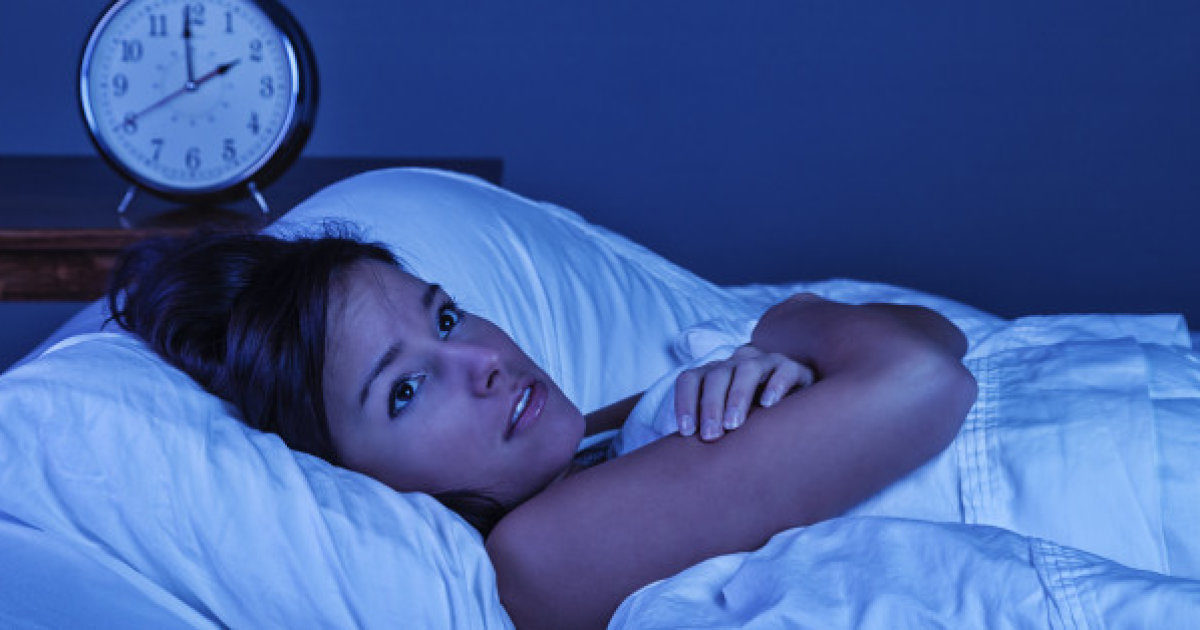Guide To Sleeping Disorders
Causes Of Sleeping Disorders

The causes of various sleep disorders is a lengthy list and include depression, anxiety, bipolar or mood disorders, and thyroid problems. Medications and other chemicals, such as alcohol, caffeine, nicotine, and certain prescription medications, may contribute to insomnia.
Lifestyle plays a major role in causing insomnia, and often changes to these habits are part of the treatment. Taking naps during the day or staying in bed too long while awake can confuse the body. Having irregular sleep patterns, such as working swing shifts, is another potentially significant problem. The body prefers regular routines, and when they're disrupted, sleep can become difficult. Other lifestyle factors can cause sleeping disorders, including a lack of exercise or the use of phones, laptops, tablets, and other devices in bed.
Risk Factors And Dangers

Risk factors for sleep disorders include advanced age (individuals over sixty). Women and seniors are more likely to have sleep disorders due to hormonal changes. Hormones regulate sleep within the body, and during menopause or monthly hormonal cycles, the imbalance of hormonal activity can disrupt normal sleeping patterns. People who travel for their work are also more likely to have sleeping disorders because of extended periods of inactivity and jet-lag, which is another major cause of sleeping disorders.
The body needs sleep just as it needs food and water. Sleeping disorders cause an array of medical problems aside from the obvious fatigue, lethargy, and irritability. Lack of sleep leads to hormonal imbalances and can cause mood disorders including depression and anxiety. The hormonal changes can also trigger weight changes and obesity. If left untreated, sleep disorders can catalyze more serious diseases such as diabetes, hypertension, or heart disease.
